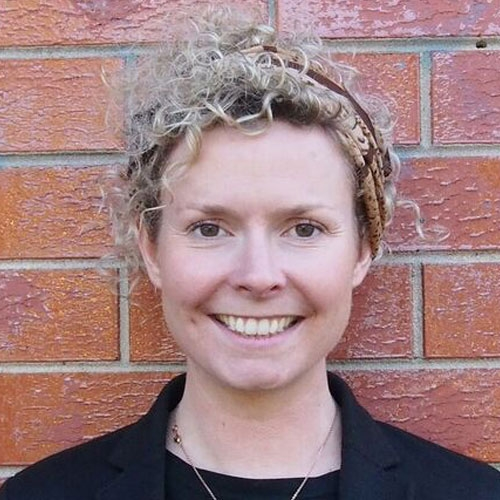
the relationship between housing and the benefit cap






Between 2020 + 2023, the universities of York, Oxford and the London School of Economics and Political Science worked in partnership with Child Poverty Action Group to investigate the impact of the benefit cap and the two-child limit on families with three or more children. We examined a wide range of effects of both policies, including their impact on employment, mental health and families’ ability to meet children’s needs.
However, the issue of housing - which was not within the project's original scope - has become increasingly salient as the project has progressed, both as a recurrent theme in our interviews and as a clear area of concern for policymakers and politicians.
To address this, we have been funded by the Nuffield Foundation to undertake a focused, mixed-methods investigation looking at housing and the benefit cap.
We will explore
❋The interaction between the benefit cap and the housing market, exploring whether and to what extent it is financially feasible for families affected by the benefit cap to move to cheaper accommodation
Housing experiences (over time) for those affected by the benefit cap, looking particularly at the nature and quality of the housing, and the impact this has on other aspects of the household’s everyday lives. We will also focus on different housing tenures, and how this intersects with both the risk of, and experiences of, being subject to the benefit cap.
We will publish this research through working-papers; and are keen to share emergent findings with interested audiences. We will work with Child Poverty Action Group to disseminate and discuss findings with policymaking audiences.
If you’d like to find out more get in touch with us at [email protected].

